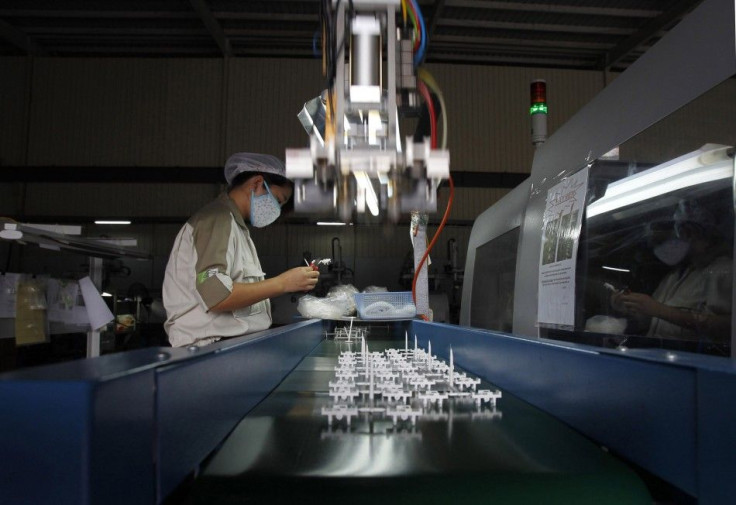'Safe' Chemicals For Plastics Also Linked To Health Risks: Study

Nearly 10 years ago, many makers of plastic products stopped using the so-called “carcinogenic” chemical DEHP (di-2-ethylhexylphlatate), and replaced it with “safe” substitutes. However, a recent study claims the substitutes are no safer than the chemical they replaced.
A decade back, manufacturers unanimously halted the use of DEHP, thinking it could negatively affect the health of consumers. However, researchers recently claimed that the negative health effects of the two replacment chemicals -- DINP (di-isononyl phthalate) and DIDP (di-isodecyl phthalate) -- are similar to those of DEHP.
The study has linked the use of DINP and DIDP to higher blood pressure in individuals. The complete study was published in the journal Hypertension. Meanwhile, a separate study published in the Journal of Clinical Endocrinology and Metabolism linked the use of DINP and DIDP to the occurrence of insulin resistance. The two studies were conducted by the same team at New York University.
“These data raise substantial concerns about similar health effects due to chemicals used to replace DEHP under the presumption that they don’t have the same, or different, adverse health effects,” said Leonardo Trasande, the lead study author. “Clearly there’s a need for further research.”
During the study, the researchers used data from urine and blood samples from the National Health and Nutrition Examination Survey. They observed a correlation between higher levels of the DEHP replacements and the occurrence of health ailments, including high blood pressure and insulin resistance.
© Copyright IBTimes 2024. All rights reserved.











